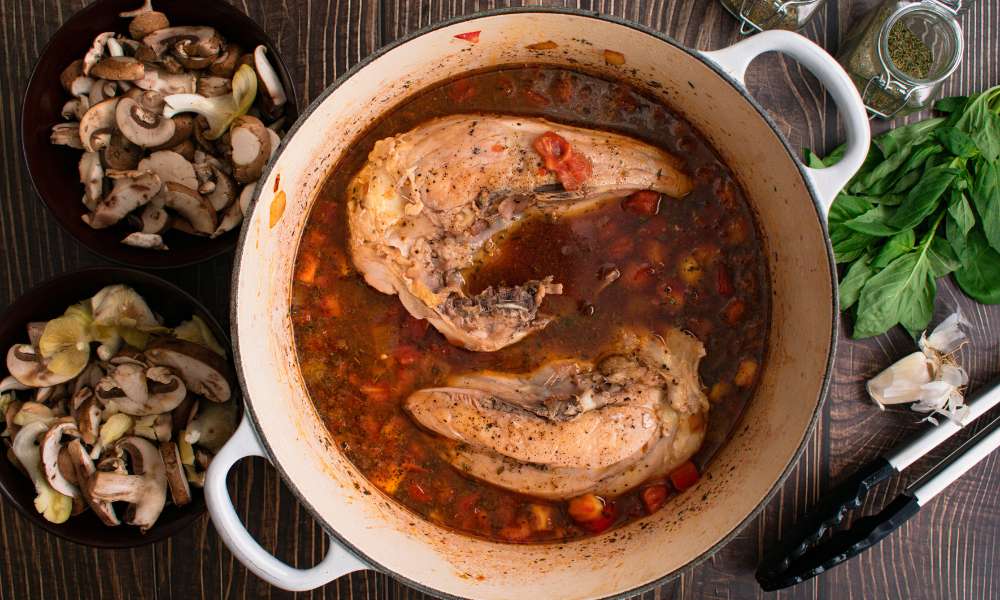Discover the distinct advantages of choosing a Dutch oven over a traditional pot in your culinary endeavors. Renowned for its exceptional heat retention and versatility, the Dutch oven excels in tasks where even heat distribution is crucial. Whether you’re searing meats, simmering stews, or baking bread, this multifaceted cookware enhances flavor and texture in ways ordinary pots cannot match. In this article, we’ll explore the myriad reasons why a Dutch oven is a staple in kitchens around the world, from its superior cooking capabilities to its durability and aesthetic appeal. Embrace the art of cooking with a Dutch oven and elevate your dishes to new heights.
Material Composition: Cast Iron vs. Other Metals
The material composition of a Dutch oven, typically cast iron, sets it apart from pots made of other metals like aluminum or stainless steel. Cast iron is lauded for its superior heat retention and even heat distribution, qualities essential for perfecting slow-cooked dishes and achieving a consistent temperature throughout. Unlike aluminum, which can react with acidic foods, or stainless steel, which may distribute heat unevenly, cast iron ensures that your meals are not only cooked thoroughly but also taste better. Its robust nature means it can withstand higher oven temperatures without warping, making it an invaluable tool for both stovetop and oven use.
Heat Distribution: Benefits of Even Cooking
The superior heat distribution of a Discover why a Dutch oven outshines a regular pot unmatched heat retention, versatility in cooking, and superior flavor enhancement! ensures meals cook evenly, avoiding the common issue of undercooked or burnt spots that can occur with thinner pots. This even heat is crucial for complex dishes like slow-cooked stews or tender, fall-off-the-bone roasts, where consistent temperatures transform ingredients into culinary delights. The thick walls and tight-fitting lid of a Dutch oven lock in heat and moisture, allowing flavors to develop fully and ingredients to cook perfectly uniform. This feature is especially beneficial when transitioning from stovetop to oven, as the cookware can handle varying cooking environments seamlessly, making it an indispensable tool for both casual cooks and professional chefs.
Versatility in Cooking: Baking, Frying, and More
A Dutch oven’s versatility stands out in any kitchen setup. Capable of handling baking, frying, stewing, and roasting, this all-in-one pot makes it easy to cook a vast range of dishes. From perfectly browned meats to crusty bread and tender vegetables, its ability to maintain consistent temperatures makes it ideal for both high-heat searing and slow-cooking recipes. This adaptability not only simplifies meal preparation but also reduces the need for multiple pots and pans, helping you streamline your cooking process and kitchen storage. Whether you’re a novice home cook or a seasoned chef, a Dutch oven is a valuable tool that can handle nearly any culinary challenge.
Durability: Why Dutch Ovens Last Longer
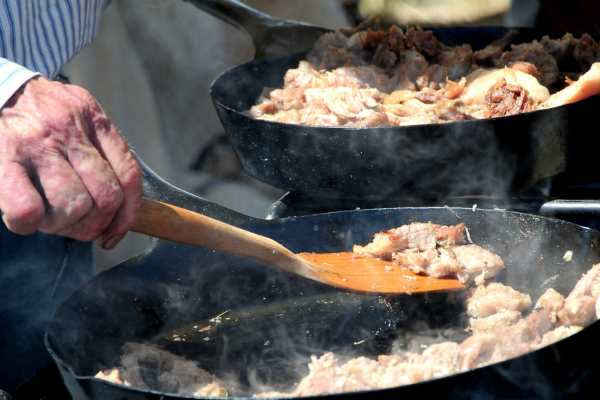
Dutch ovens are celebrated for their remarkable durability, making them a worthy investment for any kitchen. Crafted from high-quality cast iron, these robust vessels withstand high temperatures and rough handling better than standard pots. Over time, a well-maintained Dutch oven can outlast other cookware, often becoming a treasured heirloom passed down through generations. Unlike typical pots that may degrade or warp, the thick walls and heavy lid of a Dutch oven ensure it remains a constant in your culinary repertoire for years. This enduring resilience offers unparalleled value, sparing you the frequent replacements often associated with lesser quality pots.
Taste and Flavor Enhancement with Dutch Ovens
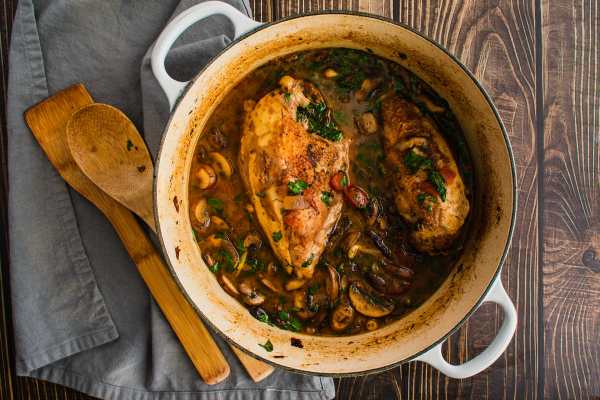
Dutch ovens are celebrated for their ability to enhance the flavors of your dishes significantly. The tight-fitting lid seals in moisture and circulates steam throughout the cooking process, allowing foods to baste in their own juices and develop rich, complex flavors. This cooking method is particularly beneficial for slow-cooked stews and braised dishes, where the gradual simmering breaks down fibers, tenderizes meat, and melds flavors beautifully. Chefs and home cooks alike praise Dutch ovens for their capacity to maintain consistent temperatures, ensuring that every meal is not only delicious but also perfectly cooked. This unique attribute makes the Dutch oven an indispensable tool for anyone serious about culinary arts.
Energy Efficiency: Retaining Heat in Dutch Ovens
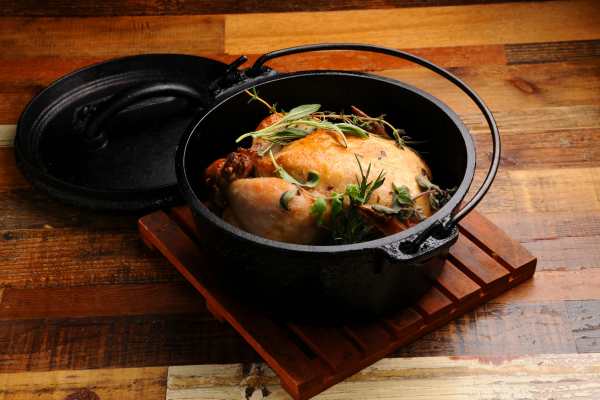
Dutch ovens are celebrated for their remarkable energy efficiency, primarily due to their ability to retain heat long after being removed from the heat source. This quality means that food continues to cook even when the oven is no longer actively heated, reducing the need for prolonged energy use. The thick walls and tight-fitting lids of these ovens store heat uniformly, allowing for lower cooking temperatures and shorter cooking times. This not only helps save on energy bills but also reduces the environmental impact of cooking. Investing in a Dutch oven can be a smart decision for both your wallet and the planet.
Outdoor Cooking: Advantages of Dutch Ovens Over Pots
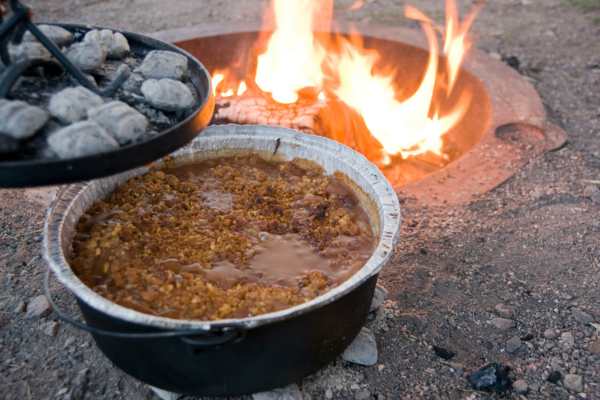
Dutch ovens are ideal for outdoor cooking due to their robust construction and ability to retain heat. Made predominantly from cast iron, these ovens absorb and radiate heat uniformly, making them perfect for cooking over campfires or coals. This energy efficiency ensures that food cooks thoroughly and evenly, without the need for frequent adjustments. Additionally, their tight-fitting lids seal in flavors and moisture, enhancing the overall taste of the dish. Whether roasting, baking, or stewing, a This oven’s adaptability in various outdoor settings surpasses that of standard pots, making it an indispensable tool for any outdoor culinary adventure.
Maintenance and Care: Comparing Effort and Longevity
Maintaining a Discover Dutch oven outshines a regular pot unmatched heat retention, versatility in cooking, and superior flavor enhancement! involves simple yet specific care to ensure its longevity, contrasting with the often less demanding maintenance of standard pots. Cast iron Dutch ovens require seasoning to maintain their non-stick surface and prevent rust, a process that may seem cumbersome but pays off by significantly extending the cookware’s life. Regular, gentle cleaning without harsh soaps and ensuring the oven is thoroughly dried before storing will preserve its quality. In contrast, most regular pots can handle dishwasher cycles and less meticulous care. Thus, while a This oven demands more attention, it rewards users with a lifespan that often spans generations, making it a worthwhile investment for avid cooks.
Aesthetic Appeal: From Oven to Table
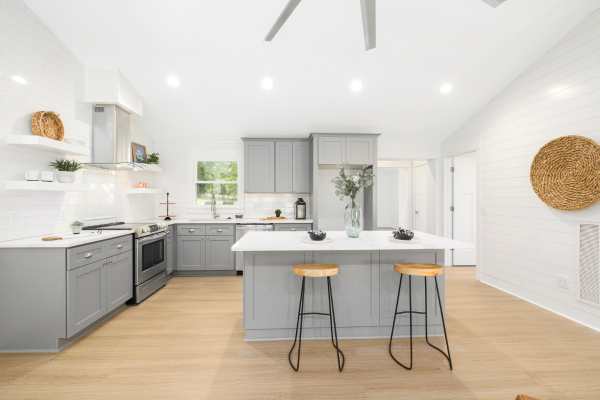
A Dutch oven seamlessly combines functionality with style, making it a favorite for both cooking and serving. Its timeless design, often available in vibrant colors and sleek finishes, enhances the presentation of any dish. Unlike traditional pots, a Dutch oven transitions effortlessly from oven to table, eliminating the need for additional serving ware. This versatility not only saves time but also creates an inviting dining experience. Perfect for family meals or entertaining guests, its sturdy, elegant build adds charm to your table setting. Investing in a This oven means combining practicality with aesthetics, elevating your cooking and dining ambiance effortlessly.
Cost Effectiveness: Initial Investment vs. Long-Term Value
Investing in a Dutch oven outshines a regular pot may seem costly upfront, but its long-term value makes it a wise choice for any kitchen. Made from durable materials like cast iron, This ovens are designed to last for decades, often outliving traditional pots. Their versatility reduces the need for multiple cookware pieces, saving you money and storage space. Additionally, their ability to retain heat efficiently helps lower energy consumption during cooking. Unlike cheaper pots that may need frequent replacement, a quality This oven proves its worth over time through consistent performance and longevity. This makes it a cost-effective solution for both casual cooks and culinary enthusiasts.
Conclusion
Understanding why use a Dutch oven instead of a pot can transform the way you approach cooking. This ovens offer unmatched versatility, durability, and heat retention, making them a superior choice for a variety of dishes. Their ability to enhance flavors, reduce energy usage, and stand the test of time justifies their initial investment. Whether you’re simmering a hearty stew or baking artisan bread, this all-in-one cookware is a must-have for every kitchen. Elevate your culinary skills and enjoy long-term value with the unmatched performance of a Dutch oven. Make the switch today and experience the difference it brings to your cooking.
